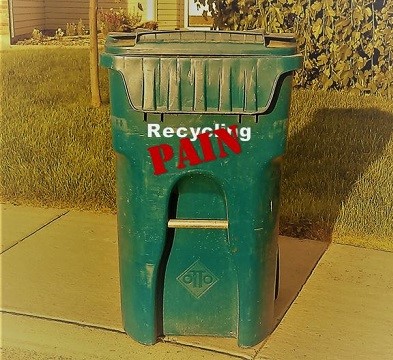 Is work-life balance possible? If so, how does one go about achieving it?
Is work-life balance possible? If so, how does one go about achieving it?
For many years we have been hearing about the importance of work-life balance. Perhaps like many of you, for years I have tried to strike the balance and have not been able to do it.
Trying to manage your time in order to attend to all the different areas of life has been a lifelong battle for most of us. Many of us work too much and as result neglect the other areas of our lives, such as family, health, church, and/or friends. On the other hand, some of us give too much focus to our family, church or physical well-being and give the bare minimum at work.
How can we ease the guilt and frustration of trying but being unable to find that elusive work-life balance formula?








 “A person who never made a mistake never tried anything new.” – Albert Einstein
“A person who never made a mistake never tried anything new.” – Albert Einstein